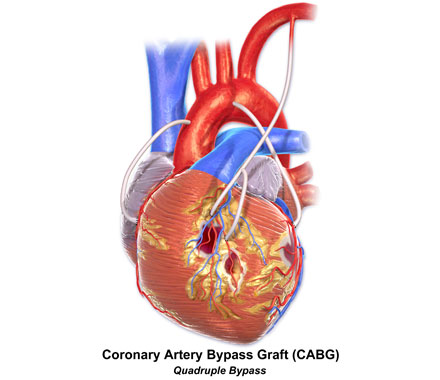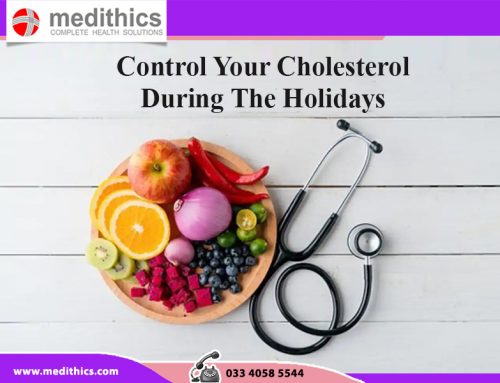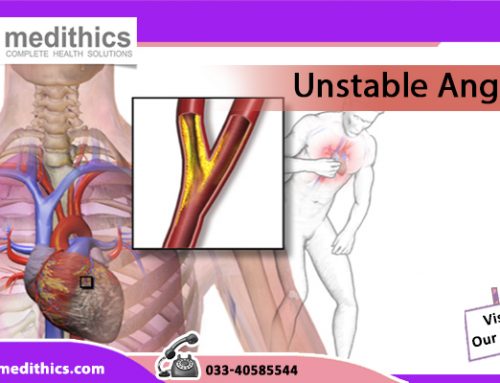A heart bypass surgery is a process used to treat coronary heart disease. Coronary heart disease can cause blood clot leading to lack of blood flow. It may make you feel chest pain, irregular heartbeats, or breathing shortness, and can lead to a heart attack. A heart bypass surgery helps clear plaques that build up in the arteries of your heart blocking the flow of blood and oxygen.
Overview
A heart bypass surgery, which is also called Coronary Artery Bypass Surgery (CABS), uses grafting procedures to make blood and oxygen flow better. A “bypass” surgery is as it sounds, it creates a bypass for blood flow when there is a blockage leading to congestion.
Before the treatment
Since a heart bypass is a major surgery requiring considerable amount of recovery time, you must prepare well for it. Your heart specialist might ask your go through a few tests 2 to 3 weeks before the surgery. The tests might include blood count tests, chest X-ray, cardiac catheterization, thromboplastin blood tests, and various blood tests.
Your doctors might also ask you to discontinue certain medicines before the surgery. In case you are diabetic, you might need to make other adjustments according to what your cardiologist prescribes.
How is it performed
Recovery
After the surgery, for a few hours a tube put in your mouth will help you breathe. You won’t be allowed to verbally communicate. You will stay in an intensive care unit (ICU) for a few days before being shifted to your hospital room. Post ICU you might be kept in the hospital for 3 to 5 more days.
It will take more than 2 months for you to heal. In the meantime, you might feel uncomfortable. But your health will gradually improve.






Leave A Comment
You must be logged in to post a comment.